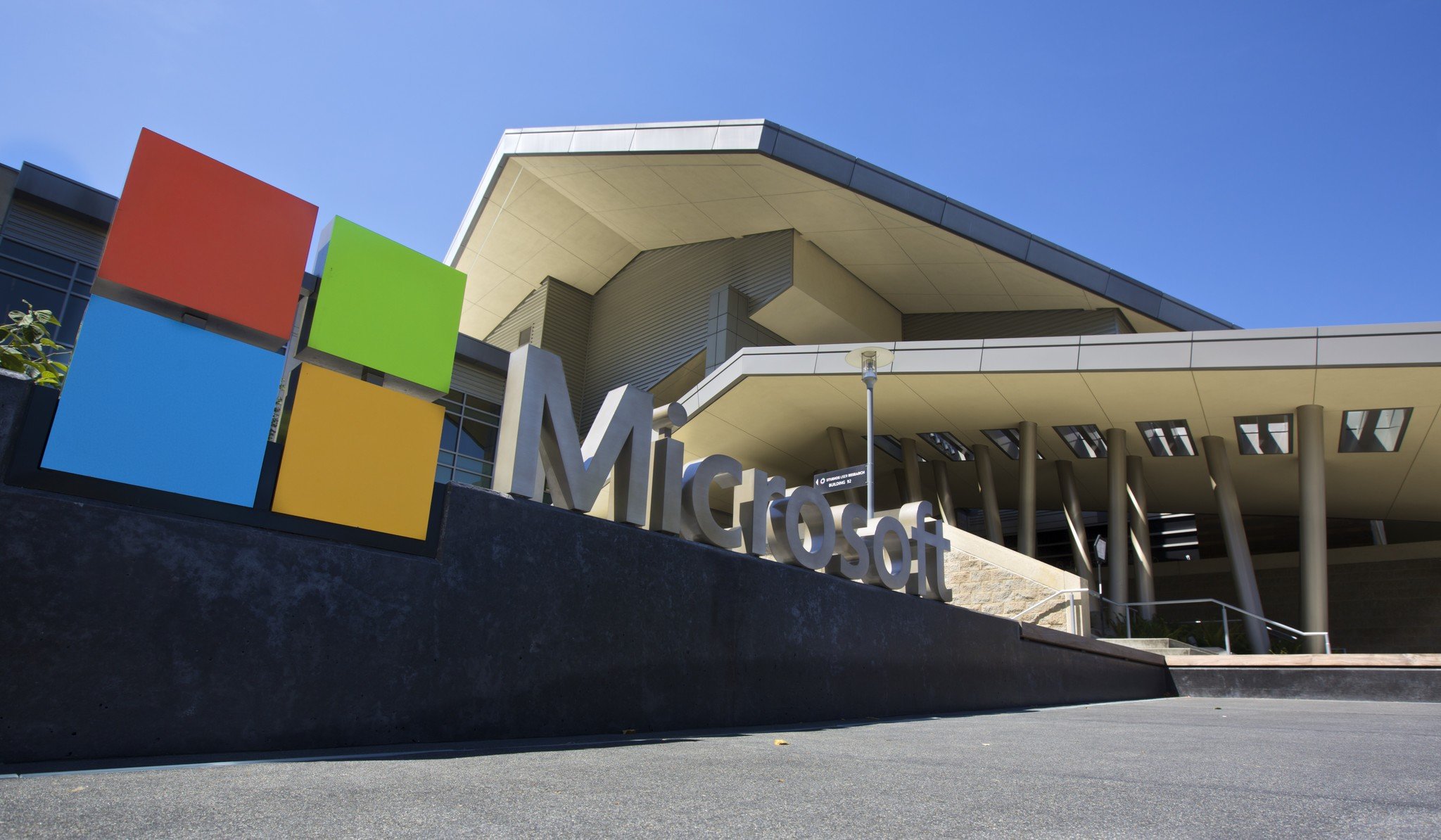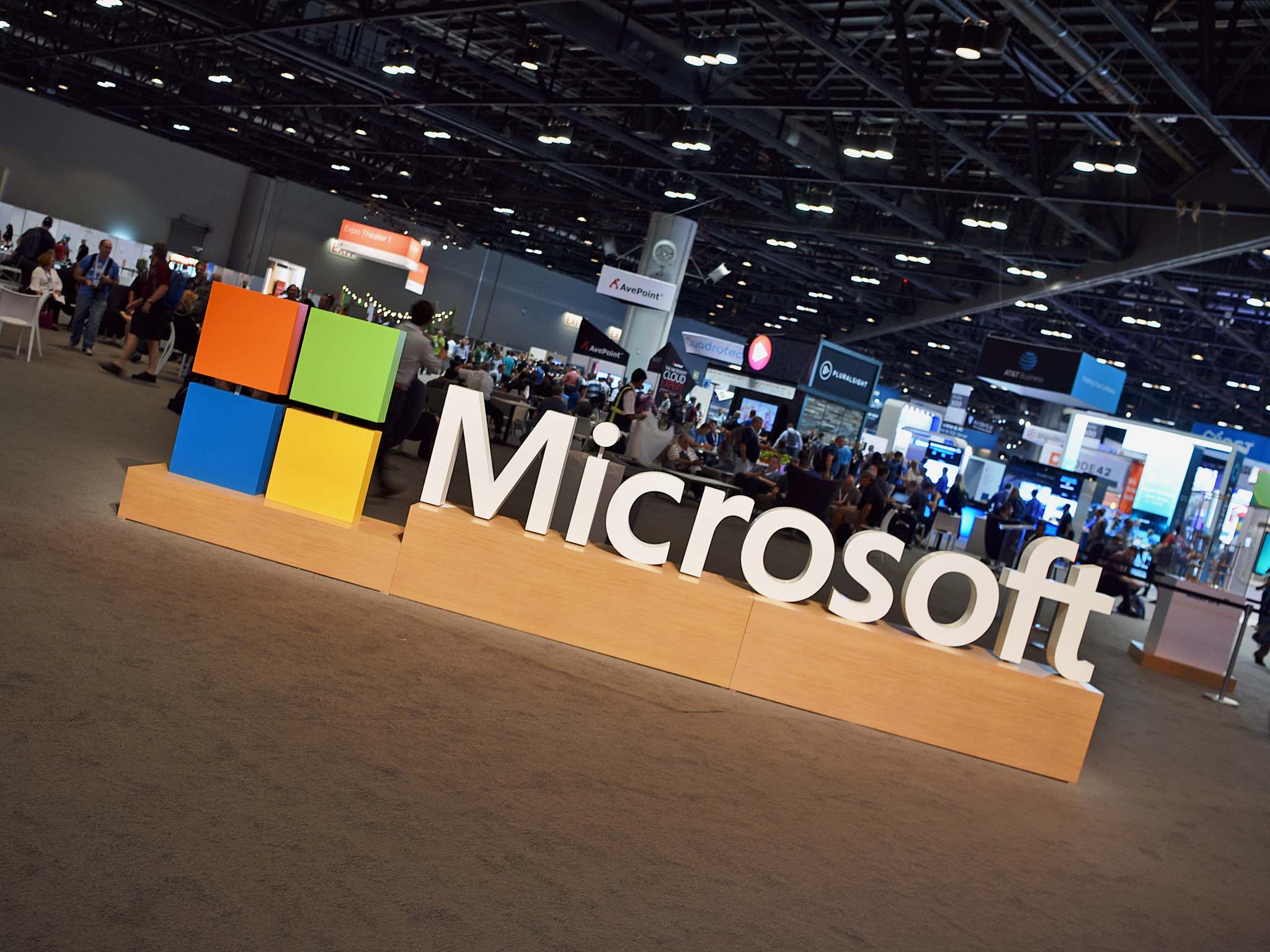Here's what the Pentagon's scrapped $10 billion JEDI contract means for Microsoft
It's not over for Microsoft just yet.

In 2019, the Pentagon awarded Microsoft its Joint Enterprise Defense Infrastructure (JEDI) contract, which had the potential to be worth $10 billion over 10 years. The contract's purpose was to help modernize the Department of Defense's IT infrastructure and cloud capabilities. Amazon, which lost out on the contract upon it being given to Microsoft, sued the Pentagon, claiming external factors unfairly influenced the awarding process.
The external factors Amazon felt influenced the process included then-U.S. President Donald Trump's public grudge with Jeff Bezos and, by extension, the Trump administration's issues with Amazon, which Bezos founded. There was also another element of conflict to be found in Trump's criticisms of the Washington Post, which Bezos owns.
Amazon didn't let up on the litigation front, stretching out its lawsuit all the way to 2021 until, at long last, the Pentagon canceled the contract entirely, ripping it away from Microsoft in the process.
"With the shifting technology environment, it has become clear that the JEDI Cloud contract, which has long been delayed, no longer meets the requirements to fill the DoD's capability gaps," the Pentagon said about the canceled contract, not addressing the legal troubles with Amazon.
However, mentioned or otherwise, the legal troubles' implications did — and still do — loom over the DoD's actions. The question now is: How do the tech companies involved move forward from this? Windows Central spoke with experts to learn how JEDI's cancellation will affect Microsoft.
Microsoft JEDI contract: Financial context

Before addressing Microsoft's moves going forward, it's important to better understand what the company did and didn't lose as a result of JEDI's premature end. We reached out to Rosenblatt Securities' senior research analyst John McPeake to get insights on the financial angle of the contract's termination.
He highlighted that the deal had a minimum commitment of only two years and $1 million on the DoD's part. The $10 billion ceiling would only have been achieved if all the deal's options were exercised. He also provided context for the deal's value, stating that even if JEDI netted the maximum $1 billion in value per year for Microsoft, that'd only make up 3% of Azure's estimated revenues, which would translate to 0.5% of the company's overall estimated revenues for FY22.
Get the Windows Central Newsletter
All the latest news, reviews, and guides for Windows and Xbox diehards.
Furthermore, one can't consider Microsoft totally out of luck since the DoD has announced its Joint Warfighter Cloud Capability (JWCC) contract as a replacement for JEDI, and has emphasized Microsoft will likely be involved in that deal, even though the tech giant will probably be sharing the contract with Amazon in some capacity. Plus, Microsoft still has its lucrative HoloLens contract in the works with the Pentagon.
Microsoft JEDI contract: Expert views

Moor Insights & Strategy's senior analyst Anshel Sag weighed in on Microsoft's JEDI situation, emphasizing that hopefully, controversy and hints of scandal don't riddle the JWCC contract now that JEDI is in the rearview mirror.
"I think the JEDI contract was awarded in a fashion that jeopardized the validity of the process," Sag said. "While I don't necessarily think it was necessary to take it away from Microsoft, I do believe that it would've been better to have a multi-cloud vendor solution. While it isn't entirely clear who will bid on this contract again, I hope that the best two vendors are selected and that political preferences don't play into the decision process which appeared to happen the first time."
A senior analyst at Forrester, Tracy Woo, gave insights about JEDI's cancellation's micro and macro implications for Microsoft. Her thoughts aligned with McPeake's stance that any fallout or impact is negligible.
"As a whole, nothing changes," Woo said. "This was a prolonged legal battle with no end in sight. The government had already listed out AWS and Azure as the only two candidates able to meet the requirements it needs currently. So it's not a rebuke on Microsoft and its capability to deliver a cloud infrastructure overhaul, but more recognition that the Pentagon badly needs its technology updated and that the JEDI agreement was not delivering on that promise."
Woo also remarked on the JWCC contract's multi-vendor, controversy-avoiding approach, sharing a similar stance to Sag on the matter.
"On another note, the fact that the Pentagon is now appearing open to a multicloud approach of using multiple public cloud vendors is a smart move, not only for security, reliability, and availability reasons but also because it is likely to be a less incendiary event when the contract(s) are awarded."
Microsoft JEDI contract: Not a total loss

The cancellation of JEDI is, in no uncertain terms, a win for Amazon simply because it denies the opposing company a clear victory as well as reopens the door for the Microsoft rival to score a deal with the DoD.
What Amazon's accomplishment will mean for Microsoft with regards to the JWCC contract and future deals remains to be seen, but as far as the spilled milk that is JEDI goes, it can be argued that nothing too major was lost — this time around.
Robert Carnevale is the News Editor for Windows Central. He's a big fan of Kinect (it lives on in his heart), Sonic the Hedgehog, and the legendary intersection of those two titans, Sonic Free Riders. He is the author of Cold War 2395. Have a useful tip? Send it to robert.carnevale@futurenet.com.

